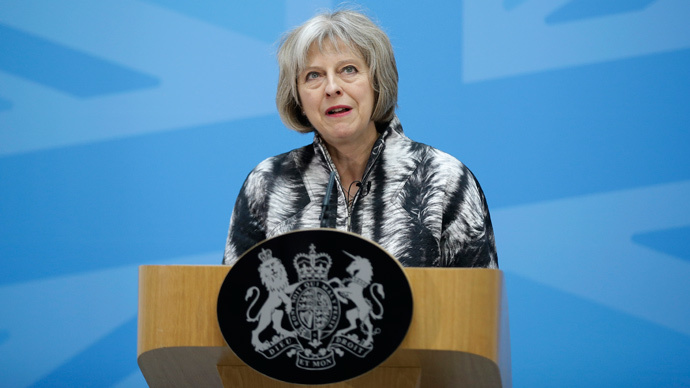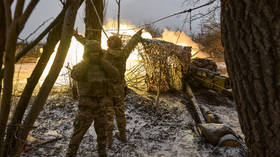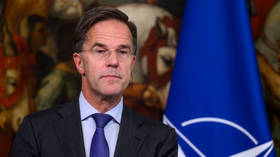‘Spying on everyone’: Tories to introduce wider-than-expected surveillance powers

The new Conservative majority government will bring into force far-reaching snooping powers that are potentially more invasive then previously feared, causing deep concern among privacy campaigners.
The legislation, which some say is driven by the fallout of the Edward Snowden leaks, will include the controversial ‘snoopers’ charter’ as well as a concerted attempt to strengthen the security services’ capacity to capture bulk intelligence date.
No details of how this strengthening will take place have yet been released.
The extension of powers will come as a surprise to many, as will the speed with which they are being brought into effect.
READ MORE: Snowden leaks aided terrorists, damaged spy agencies – neocon think-tank
The Home Office has said in a statement that the powers will “better equip law enforcement and intelligence agencies to meet their key operational requirements, and address the gap in these agencies’ ability to build intelligence and evidence where subjects of interest, suspects and vulnerable people have communicated online.”
Campaign groups have been quick to air their reservations over powers some experts say are already too far-reaching.
Open Rights Group Director Jim Killock told the Guardian: “The government is signaling that it wants to press ahead with increased powers of data collection and retention for the police and GCHQ, spying on everyone, whether suspected of a crime or not.
“This is the return of the ‘snooper’s charter,’ even as the ability to collect and retain data gets less and less workable.
“We should expect attacks on encryption, which protects all our security. Data collection will create vast and unnecessary expense.”
Big Brother Watch chief executive Renate Samson told the paper: “Whilst the title may have changed from a communications data bill to an investigatory powers bill, it will be interesting to see whether the content has radically changed.
“We have yet to see real evidence that there is a gap in the capability of law enforcement or the agencies’ ability to gain access to our communications data.”
READ MORE: Surveillance state must be subject to open critique – legal experts
News of the extended bill comes a day after a right-wing think tank claimed the Snowden leaks caused huge damage to the UK’s defense and security capacity.
However, the report’s findings clashed with the views of a number of high-ranking intelligence officials, who attended a confidential conference at Ditchley Park in Oxfordshire last week.
Investigative journalist Duncan Campbell, who attended the conference, posted on his website: “Perhaps to many participants’ surprise, there was general agreement across broad divides of opinion that Snowden – love him or hate him – had changed the landscape; and that change towards transparency, or at least “translucency” and providing more information about intelligence activities affecting privacy, was both overdue and necessary.”












